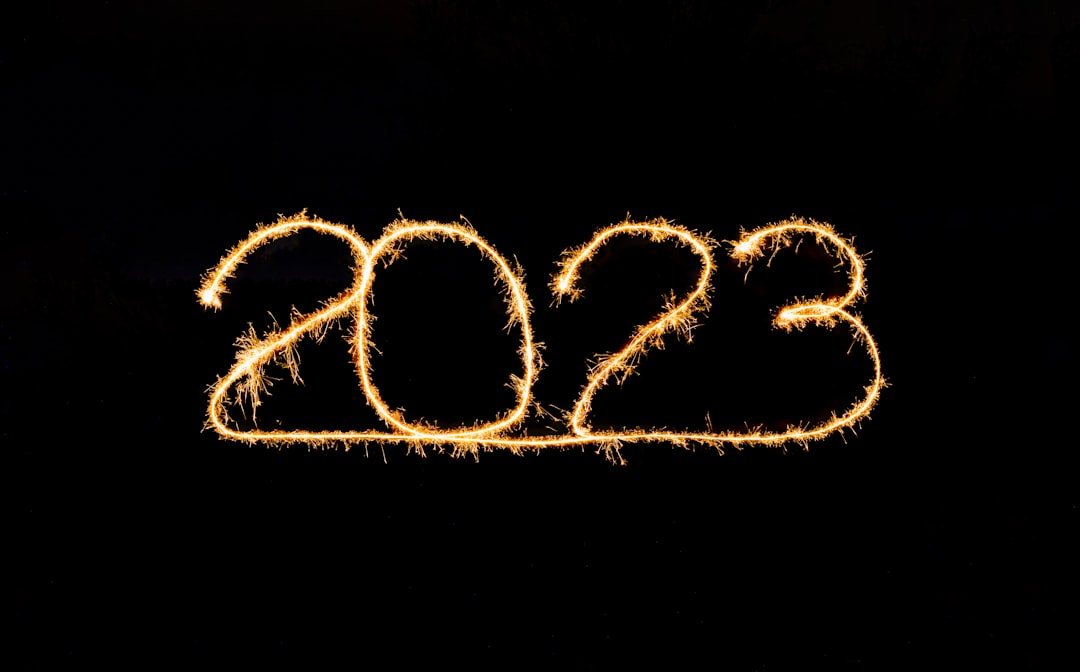Bringing In A Brand New Year
Economic growth, healthcare, climate change, immigration, and corruption are all on the Austrian government's agenda in 2023

Servus!
For the third time in his career, conductor Franz Welser-Möst brought in the new year with the Vienna Philharmonic. Unusually for a format known for its affinity with the familiar, 14 of the 15 works on the orchestra’s program had never been performed at a Vienna New Year's Concert before; this year’s event was also the first to feature the Vienna Girls’ Choir. Among the attendees on January 1 was chancellor Karl Nehammer, who one would think would have been able to obtain better seats than the ones he was given. His guest of honor was the Bulgarian president Rumen Radev. Nothing like a little Strauss and the opulence of the Vienna Musikverein to smooth over Austria’s blockade of Bulgaria’s entry into the Schengen common travel area a few weeks prior.


Hopefully Nehammer enjoyed the music while it lasted, for his government is heading into a challenging 2023. Much hinges on the war in Ukraine and its impact on global energy prices and the international supply side crisis, but at present, the Austrian Institute for Economic Research (WIFO) projects that GDP will stagnate in 2023, with annual growth of just 0.3 percent, the post-pandemic boom having fizzled out. The rate of unemployment is expected to rise—if only slightly—from 6.3 percent in 2022 to 6.5 percent in 2023. Inflation is forecast to remain high, though it is expected to come down from its 2022 high (8.5 percent) to 6.5 percent in 2023. The combination of stagnant growth and high inflation would of course result in stagflation.
The coalition’s electoral fortunes may hinge on its ability to effectively manage that stagflation. The government has already brought in an electricity price cap, and the Social Democratic Party (SPÖ) has been advocating from the opposition benches for similar caps on both rent and gas. Another pressing matter on the government’s docket is problems in the healthcare system exacerbated by particularly nasty COVID-19, flu, and RSV outbreaks that are pushing hospitals and medical personnel to the limit across the country. Just today, it was reported that two hospitals in Upper Austria stand on the verge of collapse. Capacity, recruitment, and staff retention are acute issues federal and state governments will have to work together to resolve fast.
In 2023, the government will also have to conceive of a new long-term funding solution for the public broadcaster ORF, for the current television license system appears ineffective and unsustainable. The conservative People’s Party (ÖVP) and the Greens should also come to terms on comprehensive climate change legislation, a can that has been perpetually kicked down the road since the coalition’s formation in late 2019. Corruption will remain on the agenda, both the ongoing investigation into the ÖVP and negotiations to pass new anti-corruption legislation post-Ibiza, as will migration.
Regional elections in the state of Lower Austria on January 29 will give an indication as to which way the political winds are blowing in Austria. The state is an ÖVP stronghold, and while the party under the leadership of governor Johanna Mikl-Leitner is expected to come out on top once more, the extent to which its vote share declines—five percent, 10, 15—will show what kind of shape the national party is in going into parliamentary elections due in 2024. The SPÖ faces its own electoral test on March 5, as it seeks to hold the governorship of the state of Carinthia.
Speaking of the SPÖ, in 2023, it absolutely has to resolve its leadership question. As Josef Muchitsch, a leading figure in the trade union movement, said this week, the SPÖ cannot be a prospective party of government seen as prepared to deal with the issues facing Austria at-large while it continues to sabotage itself and squabble over whether current leader Pamela Rendi-Wagner or Burgenland governor Hans Peter Doskozil should be its candidate for chancellor in 2024. The party will have to choose whether to stick or twist. Watch this space.
Bis bald!
Thank you for subscribing to the Vienna Briefing. If you know someone who might also be interested in receiving this newsletter, consider sharing it with them today.
The Vienna Briefing is a free newsletter. If you enjoy and would like to support my work, think about sending me a tip via PayPal. Thank you to all those who have made donations.
50 in 20 Million
There have only been 50 recognized cases of “vaccine injury” caused by COVID-19 vaccines in Austria. Since the beginning of the nationwide vaccination campaign, around 20 million doses of various COVID-19 vaccines have been administered.
Thielemann’s Back
Christian Thielemann will lead the Vienna Philharmonic in 2024’s Vienna New Year's Concert. The 63-year-old German conductor has a longstanding relationship with the Philharmonic having directed the event in 2019.
It’s Bachmann
Stefan Bachmann will be the new Burgtheater director beginning in 2024/25. He currently leads the Schauspiel Köln and was selected from a pool of 15 candidates. The current director, Martin Kušej, didn’t make it to the final two.


